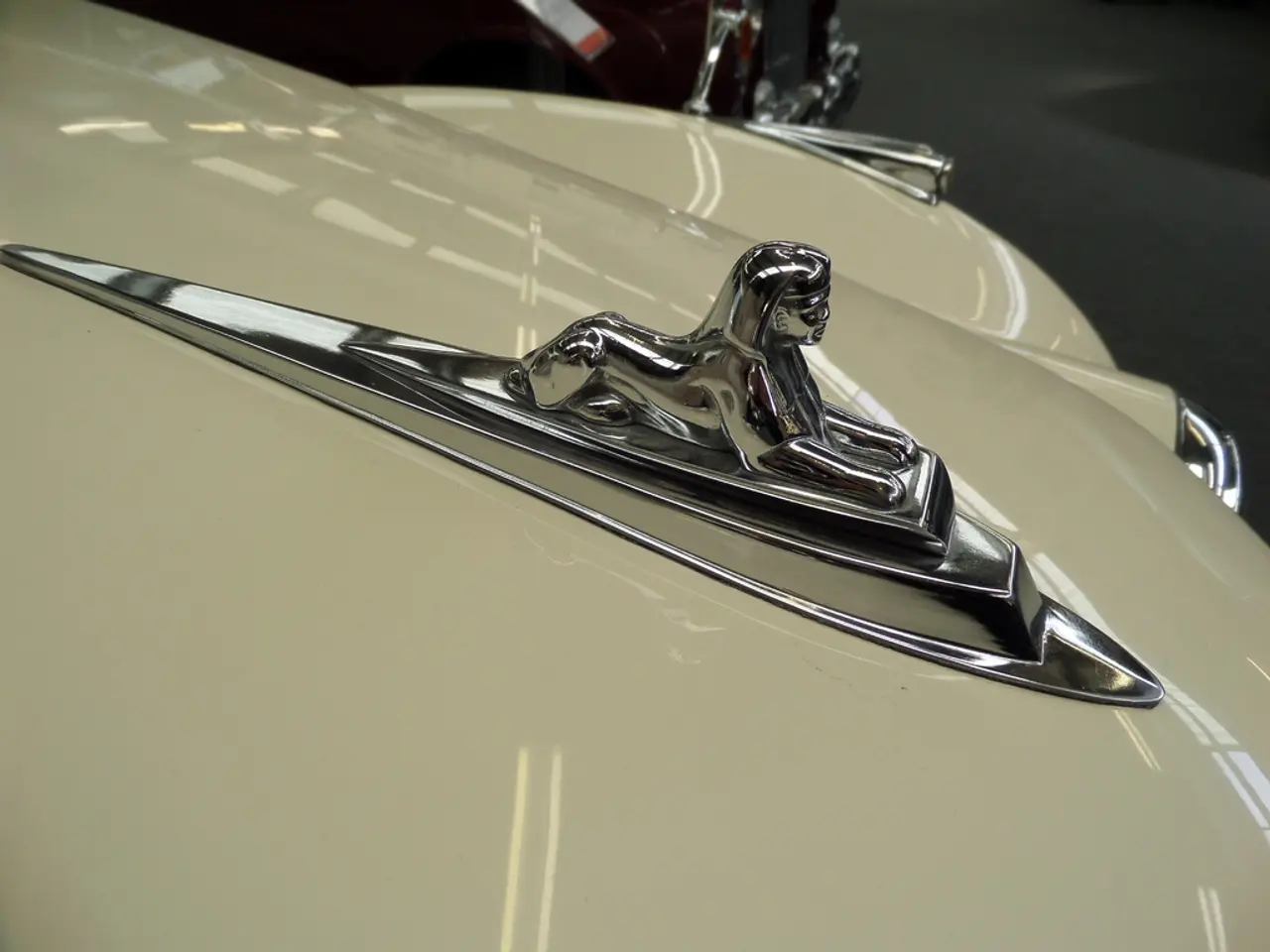Skoda, a subsidiary of Volkswagen, is outshining all others - "Due to excessive pride in Wolfsburg"
In the competitive world of automobile manufacturing, one subsidiary of Volkswagen Group has stood out for its consistent success – Skoda. Ferdinand Dudenhoeffer, an auto expert, attributes Skoda's success to "hard work" over decades.
Skoda's success story is built on several factors that differentiate it from its Volkswagen counterparts. The brand has developed its own identity, delivering "honest" vehicles to customers, as Dudenhoeffer puts it.
Robust Sales Growth and Global Expansion
One of the key factors contributing to Skoda's success is its robust sales growth and global expansion. In the first half of 2025, Skoda delivered 509,400 vehicles worldwide, representing a 13.6% year-on-year increase, and sold nearly 1.1 million vehicles in 2024. This resilience and growth, even after pandemic-related setbacks, speak volumes about the brand's strength.
Focus on Value and Practicality
Skoda models like the Yeti are designed with practicality and affordability in mind. These vehicles combine SUV styling with efficient use of a small footprint, appealing to customers wanting capability without the costs of larger vehicles. This focus on value and practicality has won Skoda multiple awards and strong customer loyalty.
Distinct Brand Identity within the VW Group
Skoda differentiates itself by blending affordable pricing, clever packaging, and reliability. By targeting more cost-conscious buyers, it benefits from Volkswagen Group’s technology platforms and economies of scale. This strategic positioning helps it compete with other VW brands that are positioned more upmarket or in different segments.
Strong Product Momentum and Adaptation to Markets
Skoda benefits from timely product launches and adaptations, including all-electric models aligned with VW Group’s electrification strategy. This boosts its appeal and sales in evolving markets.
In essence, Skoda’s success stems from its ability to provide practical, reliable, and affordable vehicles that meet broad consumer needs, leveraging Volkswagen Group’s technology and scale, while maintaining a distinctive brand image focused on value. This contrasts with Volkswagen’s other brands that often target premium or niche markets.
A Modern Company Offering Interesting Vehicles for Everyone
Ferdinand Dudenhoeffer describes Skoda as a modern company that offers interesting vehicles for everyone. The brand's cars are known for their focus on safety, durability, reliability, and independent design.
Skoda's cars, such as the Octavia and the Fabia, have a very good price-performance ratio compared to VW vehicles. These vehicles have convinced in the long run, according to Dudenhoeffer, and have been a core part of Skoda's success.
In 1996, Skoda first achieved "thin profits" with a profit margin of 0.3 percent after taxes. Since then, the brand has come a long way, achieving a record operating result of 739 million euros in the second quarter, the highest in its history.
A Call for Competitiveness over Union Demands
Dudenhoffer criticizes the focus in Wolfsburg on distributing profits with the IG Metall union, house tariffs, and special payments, rather than future viability through better competitiveness. He suggests that Skoda may have developed well due to being "too proud" in Wolfsburg, implying that VW may have focused too much on union demands and less on competitiveness.
Dudenhoffer believes that VW should develop more towards Skoda, with a focus on maintaining competitiveness and less on union demands for redistribution and job protection. He suggests that less union influence can make VW better and more future-proof.
Skoda has added SUVs and electric cars to the Octavia and Fabia models as part of its step-by-step development. Engaging in sports like the Tour de France as part of its image change strategy, Skoda has shed its "Eastern Bloc image" in terms of quality and technology.
In conclusion, Skoda's success is a testament to its focus on practicality, affordability, and value, combined with a strategic positioning that leverages Volkswagen Group’s technology and economies of scale. As the brand continues to evolve and adapt to market trends, it remains a force to be reckoned with in the automobile industry.
- Skoda's success in the automotive industry is not just limited to its robust sales growth and global expansion, but also its focus on providing practical, reliable, and affordable vehicles that cater to a broad consumer base.
- The brand has maintained a distinctive identity within the Volkswagen Group by blending affordability, clever packaging, and reliability, appealing to cost-conscious buyers while still benefiting from the Group's technology platforms and economies of scale.
- Skoda's focus on value and practicality, exemplified by models like the Yeti and the Octavia, has won it multiple awards, strong customer loyalty, and a reputation as a modern company that offers interesting vehicles for everyone, setting it apart in the competitive world of automobile manufacturing.




